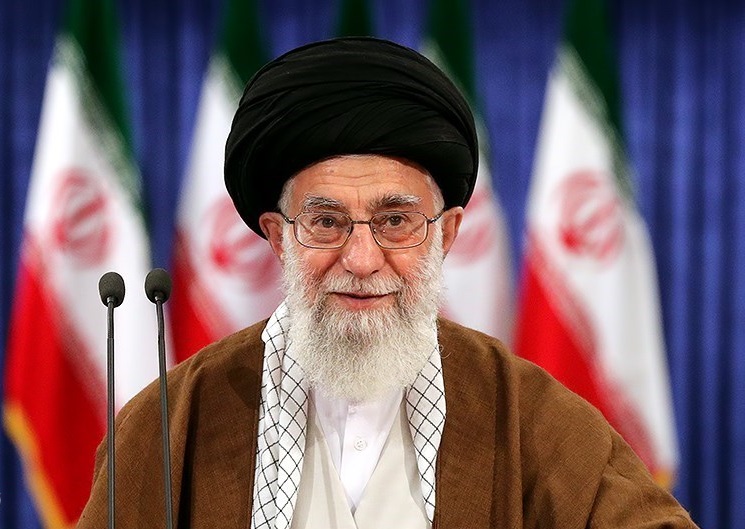
Ayatollah Ali Khamenei, the supreme leader of Iran, has reportedly chosen three clerics as possible successors because of concern for his safety during the ongoing war with Israel. Notably, his son Mojtaba Khamenei, who was long considered a probable succession, is not on the list.
New Delhi: Iran’s Supreme Leader Ayatollah Ali Khamenei has reportedly nominated three clerics as possible successors despite not nominating his son Mojtaba in the midst of the country’s escalating military confrontation with Israel. Khamenei is reportedly operating from a safe subterranean bunker because of concern for an Israeli strike.
The report claims that Khamenei has communicated his choice to Iran’s Assembly of Experts and top clergy, asking them to choose one of the three clerics in case an immediate handover of power is required. None of the three candidates’ names have been made public.
Son Mojtaba is not listed as a successor.
Interestingly, though, his son Mojtaba Khamenei—who is also a cleric and has long been regarded as a probable successor—is not included. According to this most recent development, the long-held rumor that Khamenei was setting Mojtaba up to become the nation’s top leader suddenly seems baseless. According to sources the story cites, Khamenei’s wish to maintain the legitimacy of the Islamic Republic’s leadership structure—which has traditionally rejected hereditary succession—may have had an impact on the decision.
The seriousness of the war is pushing succession discussions. Under normal conditions, Iran’s Assembly of Experts leads a convoluted and confidential procedure to choose a Supreme Leader. However, it has been stated that succession talks have accelerated due to the continuing confrontation with Israel and worries over Khamenei’s safety.
The 85-year-old Khamenei is thought to be taking refuge in a hardened bunker as a result of growing concerns of Israeli targeted assaults after Tehran’s ongoing engagement in the regional conflict. The potential for an unexpected power vacuum in the event of his incapacitation seems to be the driving force behind the hurry of finding a successor.
Decades of animosity are the origin of the current Iran-Israel conflict. Iran sided with Palestinian resistance groups and proclaimed Israel to be an illegitimate state after the Islamic Revolution of 1979. Tensions have increased over time due to Iran’s support for organizations like Hamas and Hezbollah as well as its developing nuclear program. Iran’s nuclear aspirations are seen by Israel as an existential threat. Israel and other Western nations assume military intent, despite Iran’s assertions that its program is benign. As a result, Israel has launched many hacks, sabotage campaigns, and airstrikes on Iran’s nuclear installations, including Natanz.
With both sides preparing for a protracted fight, the situation has now evolved into direct missile exchanges and threats of full-scale war. Khamenei’s proactive succession planning demonstrates the gravity of Tehran’s current predicament.
